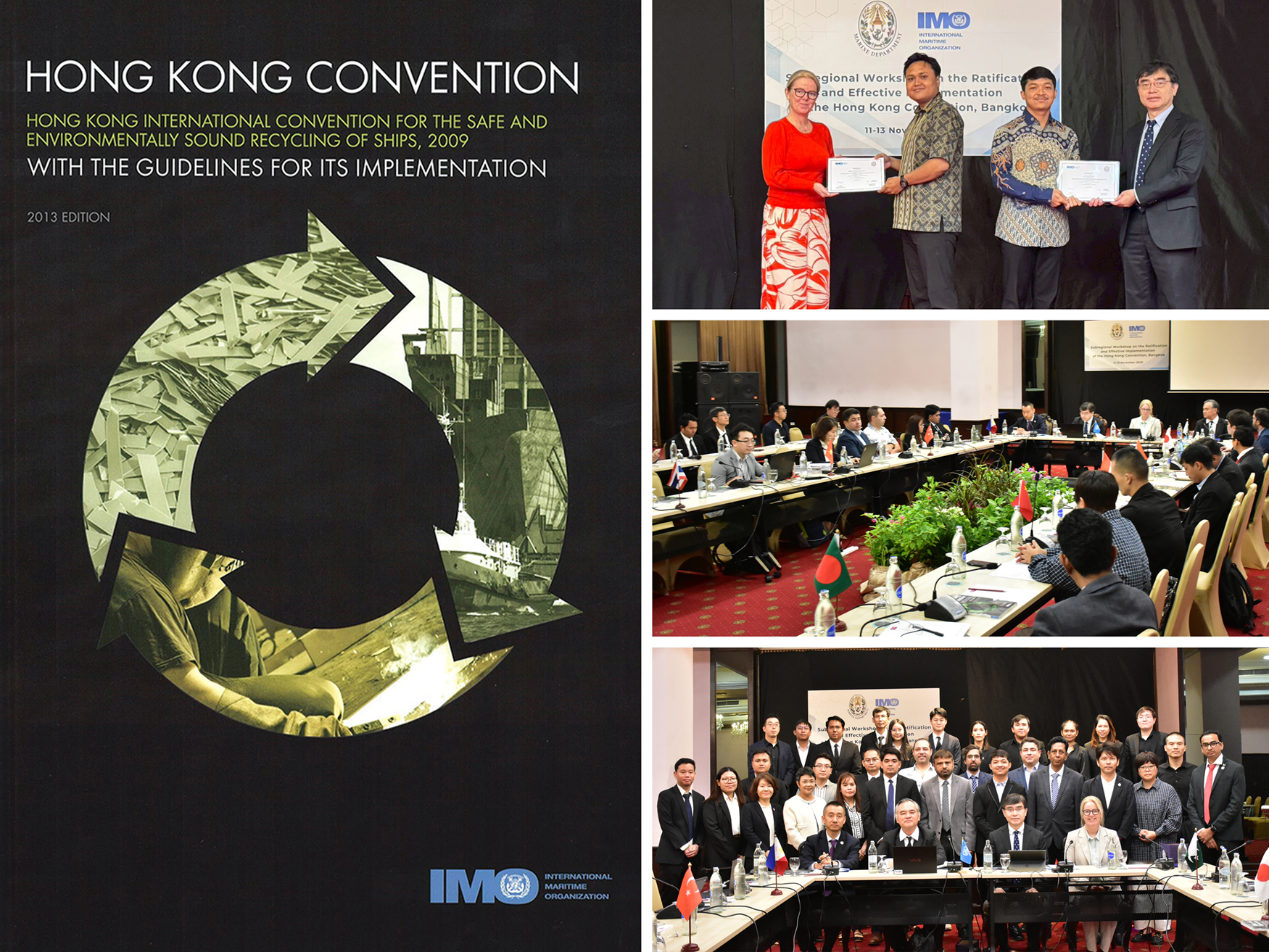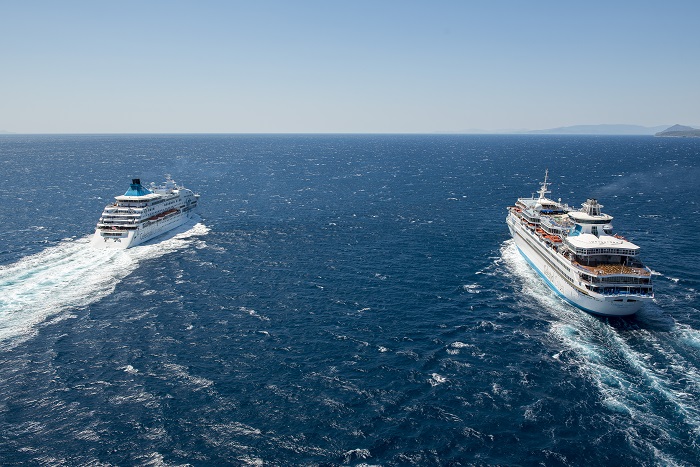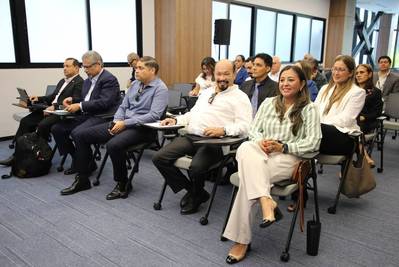





The 9th meeting of the International Maritime Organization (IMO) Sub-Committee on Human Factors, Training and Watchkeeping (HTW Sub-Committee) was held in London, UK, from February 6 to 10, through a mixed session format. The meeting focused on human factors, a comprehensive review of the 1978 STCW Convention and Code, the development of measures to ensure the implementation of the STCW Convention, a comprehensive review of the 1995 STCW-F Convention, the IMO Model Curriculum, the development of measures to ensure the quality of training on board as mandated by the STCW Convention, the development of measures to facilitate the implementation of maritime service qualifications as mandated by the STCW Convention, the development of training provisions related to ballast water 9 key topics, such as crew training requirements related to the STCW Convention, and reporting of illegal acts related to certificates of competency.
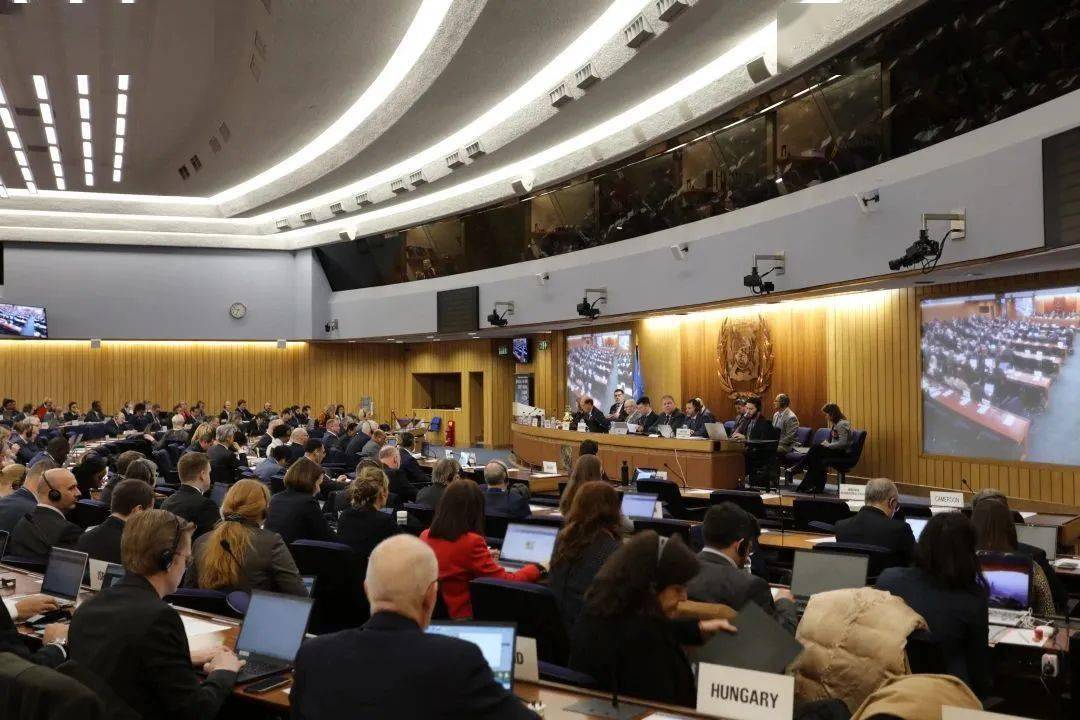
1 Training of Fishing Vessel Personnel - Completion of the Review of the 1995 STCW-F Convention
The HTW Sub-Committee completed its work to revise and update the International Convention on Standards of Training, Certification and Watchkeeping for Fishing Vessel Personnel (STCW-F), adopted in 1995, which is a binding treaty that establishes minimum requirements for the certification and training of personnel on board distant-water fishing vessels to promote safety of life at sea and protect the marine environment, taking into account the unique nature of the fishing industry and the environment in which fishing vessels operate.
The HTW Sub-Committee agreed to submit the revised draft STCW-F Convention and Code to the Maritime Safety Committee (MSC) at its 107th session (May 31-June 9, 2023) for approval with a view to subsequent adoption at the 108th MSC meeting (to be held in the first half of 2024).
The STCW-F Convention maintains uniformity in the qualifications for crew competency on fishing vessels by establishing minimum training standards for all persons employed on board fishing vessels within its scope of application. This, in turn, promotes the free movement of fishing vessel crews between countries that have ratified and implemented the STCW-F Convention and creates a level playing field in the industry.
Work has also progressed on finalizing the draft guidance on medical examinations for fishing vessel personnel: it will be completed by the Joint ILO/IMO Working Group on Medical Examinations for Fishing Vessel Personnel and combined with the revised 1995 STCW-F Convention and the new STCW-F Code for submission to the 108th meeting of the MSC for approval. The joint working group is scheduled to meet in the first quarter of 2024.
2 STCW Training Requirements on Bullying and Harassment at Sea, including Sexual Assault and Harassment (SASH)
The Sub-Committee agreed to draft amendments to the International Convention on Standards of Training, Certification and Watchkeeping for Seafarers (STCW) Code to prevent and respond to bullying and harassment at sea, including sexual assault and harassment (SASH).
Previously, MSC agreed at its 105th meeting that the HTW subcommittee would develop and finalize relevant STCW training provisions as a matter of priority pending completion of a comprehensive review of the STCW Convention and Code.
The new provisions will apply to all seafarers by amending STCW Code Table A-VI/1-4 (Specification of Minimum Standards of Competence for Personal Safety and Social Responsibility, PSSR), which includes a new competency: Responses to Help Prevent Bullying and Harassment, including SASH.
The draft text was developed by the Working Group on the Comprehensive Review of the 1978 STCW Convention and Code, and the Sub-Committee noted that the Working Group had discussed and supported the development of a separate element on psychological safety in Section A-VI/1 and Table A-VI /1-4 during the ongoing comprehensive review of the 1978 STCW Convention.
The Sub-Committee approved the Working Group's recommendation to add a reference to the Bullying and Harassment provisions of the Maritime Labour Convention 2006 (MLC2006) and to maintain language consistency in the revision of Model Course 1.21 (Personal Safety and Social Responsibility). The Correspondence Group established during the meeting to review the STCW Convention and Rules was invited to prepare draft Terms of Reference (TOR) for the revision of Model Course 1.21 and to consider the ability to prevent and respond to bullying and harassment (including SASH).
The Sub-Committee also approved that the TOR consider in detail the evidence regarding the maintenance of minimum competency standards for bullying and harassment prevention and response, including SASH, during the comprehensive review of the STCW Convention and Rules.
3 Comprehensive Review of the 1978 STCW Convention and Rules
MSC agreed at its 105th meeting in 2022 to conduct a comprehensive review of the STCW Convention and Rules and directed HTW to proceed with that work. Following initial discussions in plenary, and progress made by the working groups established at this session, the HTW subcommittee considered and agreed on the following objectives and principles for the review.
01 Objectives of the Review
To ensure that the conventions and rules:
(1) continue to provide competent and fit seafarers.
(2) Provide internationally recognized standards of seafarer training, certification and watchkeeping.
(3) to respond in a timely manner to changes in technology, regulations, operations and other developments in the industry.
(4) To organize and structure the STCW Convention and Code in a manner that promotes coordination and consistent implementation.
02 Principles of the Review
(1) To consider all provisions of the STCW Convention and Rules for the sake of comprehensiveness of the review.
(2) Not to lower the existing minimum standards for training, licensing and duty.
(3) Address new and outdated competency and proficiency levels, outdated requirements, and unnecessary duplication.
(4) explore the impact of digitalization and new technologies on ships and ship operations and their possibilities.
(5) To explore the impact and possibilities of digitalization and new technologies on seafarer education, training, and certification.
(6) Reduce unnecessary administrative burdens.
(7) To resolve inconsistencies and different interpretations in the STCW Convention and Code, including clarifications already issued by the relevant IMO bodies.
(8) Use consistent terminology and taxonomy throughout the review process of the Convention and Rules.
(9) Not to address the minimum safe manning levels specified in the SOLAS Convention (Article V/14).
(10) Review in principle only training related to safety of life and property at sea, security and marine environmental protection.
(11) Ensure that the STCW Convention and Code are fully compliant with IMO standards for the operation, construction and equipment of ships.
(12) Ensure that the STCW Convention and Code remain the only IMO legal instruments dealing with training and certification standards for seafarers.
(13) Consider different methods of organizing and structuring education, training and certification, including the forms in which training is provided.
(14) Ensure that reporting and monitoring of the implementation of the STCW Convention and Code is appropriately transparent, robust and dynamic.
(15) Ensure that the standards for seafarer training and certification in the Convention and Code facilitate, to the extent possible, the movement of seafarers across ship types and shipping trades.
(16) Consider the cumulative impact of education, training and certification requirements for seafarers.
The Sub-Committee agreed to establish and direct the correspondence group for the review of the STCW Convention and Code to identify specific areas for review and a roadmap for preparing the review. Notably, as discussed by the HTW Sub-Committee, it was agreed that measures to ensure the quality of training on board in accordance with the requirements of the STCW Convention and related measures to promote mandatory sea service qualifications, the development of measures to ensure the effective implementation of the STCW Convention, and the development of crew training provisions related to the Ballast Water Convention would be considered in the course of the comprehensive review of the Convention.
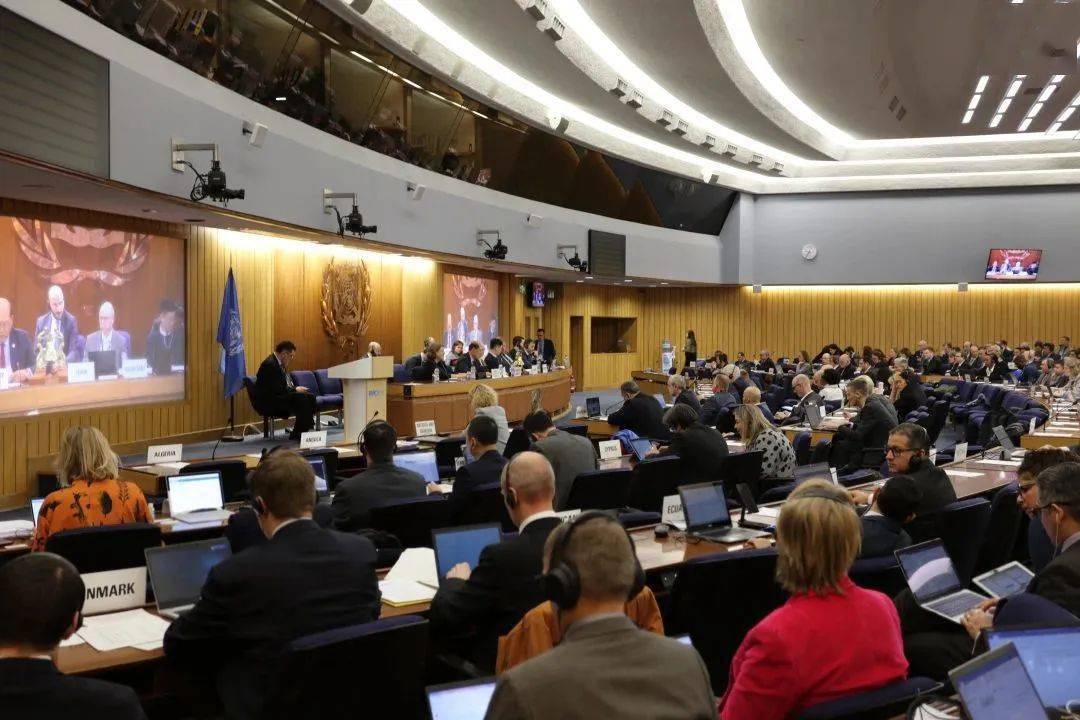
4 Report on false certificates
The Sub-Committee took note of the information received by the Secretariat on the approximately 145 reports of false certificates found in 2021 and 2022 (HTW 9/INF.2) and also noted that some Member States have provided information on supporting documents beyond those required by the STCW Convention for completeness, such as certificates of competency for shipboard cook training and seafarers' identity documents.
Considering that fraudulent certificates are a common challenge for the entire shipping industry, the Sub-Committee stressed that its response should be coordinated among all relevant Member States and that there must be continuous and transparent communication between flag States and port States on the matter.
The Sub-Committee also reiterated the need for Member States and international organizations to urgently submit strategic proposals to address issues related to fraudulent certificates of competency.
5 Confirmation of 10 model courses
New model courses:
1. passenger safety, cargo safety and hull integrity training
2. Cabin Resource Management
Revised model courses:
1.1.23 Proficiency in lifeboat rafts and rescue boats (except fast rescue boats)
2.1.24 Proficiency in fast rescue boats
3.1.20 Fire prevention and suppression
4.1.22 Cockpit resource management
5.2.03 Advanced firefighting training
6.3.25 Security awareness training for all port facility personnel
7.3.26 Security awareness training for seafarers with assigned security duties
8.3.27 Security awareness training for all crew members
6 Review of Training Provisions in the Draft Mitigation Measures Guidelines for Reducing the Risk of Ships Using Heavy Fuel Oil (HFO) as Fuel and Transporting HFO in Arctic Waters
The Sub-Committee reviewed the provisions on familiarization, training and exercises in Sections I and II of the Draft Mitigation Measures Guidelines for Reducing the Risk of Ships Using and Transporting HFO as Fuel in Arctic Waters developed by the Pollution Prevention and Response (PPR) Sub-Committee. It was agreed to submit the proposed amendments to the PPR Sub-Committee at its 10th meeting.



